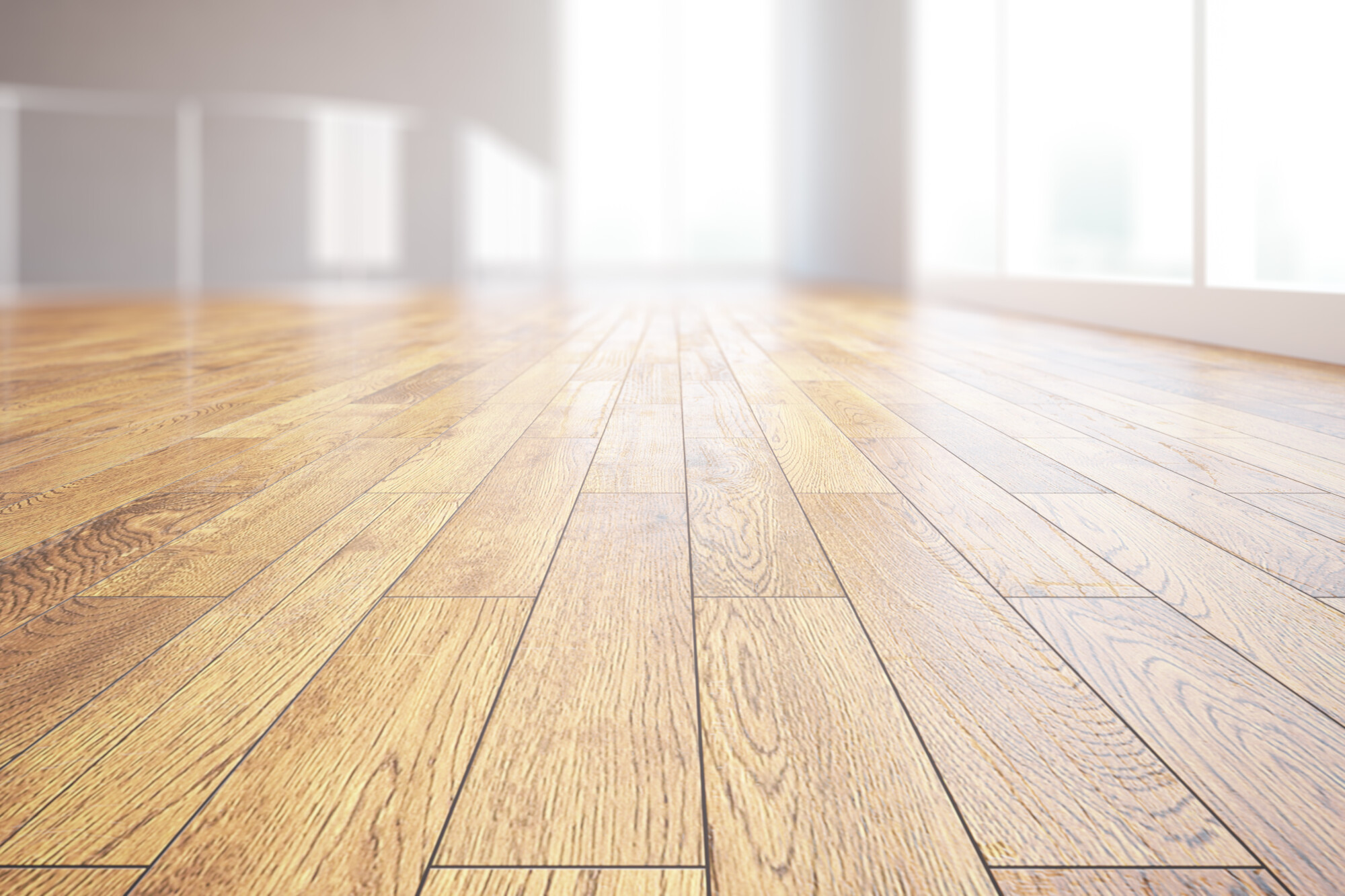Can you guess which interior makeover projects add the most value to your home?
You don’t have to guess everything correctly, but you can give yourself some points if you believe hardwood flooring is on that list. Whether you’re planning to replace your flooring with new hardwood or refinish your old hardwood floors, you never have to worry about ROI at resale.
Of course, even if you plan to stay forever in your home, buying hardwood flooring will always be a good idea. Not only are wood floors beautiful, but they’re also green, easy to maintain and install.
Now, with so many hardwood flooring choices in the market today, you can pick the best one for your home by remembering these tips.
Consider Hardwood Construction
Is wood flooring attractive? Definitely, but it doesn’t mean it’s perfect.
Your hardwood flooring can be susceptible to warping and gapping depending on construction. Installing 3/4-inch thick wood planks work only over a plywood subfloor. For a crawlspace, you’ll need to install a moisture barrier.
Thinner planks (5/16-inch) also need moisture barriers. Meanwhile, engineered hardwood floors will work for almost any area in the home, even the basement, but you’ll still need to check the manufacturer’s warranty.
Other options include waterproof hardwood flooring, which has an impervious core to moisture. It also comes with a protective coating. Last would be locking hardwood, another engineered option perfect for anyone who wants to go for DIY installation.
What’s Your Hardwood Flooring Budget?
You already know that every penny you spend on your wood floors wouldn’t be a waste since you’ll recover them at resale, but there are still variations on how much you’ll pay per square foot.
Exotic wood species such as teak or mahogany will cost more, but even faux wood like bamboo could cost you $12 per square foot. You also have to consider installation prices, which vary based on your location, wood type, and difficulty level.
Another factor that affects how much you’ll pay for your new wood flooring is the relative hardness of the wood species. You can ask a hardwood flooring provider for recommendations, but you’ll most likely pay more for more durable options (i.e., more resistant to indentations). Examples include Lapacho, Brazilian Teak, and Kempas.
Other Considerations When Buying Hardwood Flooring
The best hardwood floor doesn’t have to be the most expensive species you can find. Your preferences matter the most and the overall aesthetic you’re going for in your home.
It’s worth checking different colors, widths, and textures when you’re hardwood flooring shopping. If you like to show off the natural beauty of the wood, go for wider planks. You can also opt for a distressed texture for a rustic appeal, but there are also smooth, wire-brushed, and hand-scraped options that might appeal to you more.
Wood You Say Hello to Your New Floors?
Now that you know some tips for buying hardwood flooring, are you ready to visit showrooms in your area?
If you still have questions about hardwood flooring, be sure to browse our other posts. We also have tons of interior design articles we’d love for you to check out.

